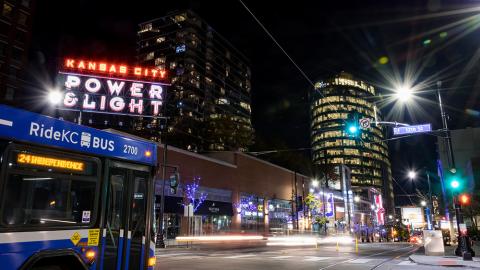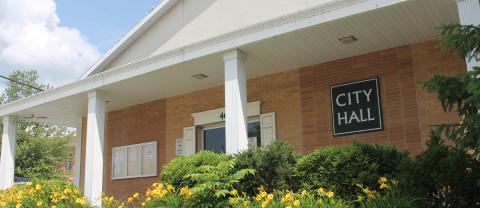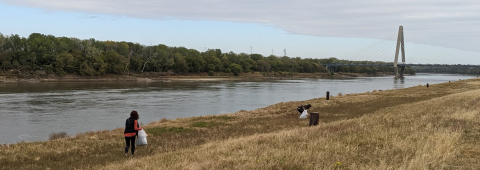A "Community for All Ages" considers all stages of it's residents' lifespan in the planning and implementation of public infrastructure and services. Building a culture of age-inclusivity requires a staff that is trained to consider the impact of their decisions (big and small) on residents of all ages who have different needs at different times in their life.
This session will feature speakers from the Harvey A. Friedman Center for Aging at Washington University in St. Louis who will train on the concepts central to the Reframing Aging model to counter ageism in our communities. Participants will also learn about a new tool for applying to these principles in real workplace scenarios at all levels of local government.
This workshop will equip city staff across all departments to:
- Understand ageism and how it impacts our decision-making.
- Engage in the core elements of Reframing Aging as a city employee.
- Employ Strategies for age-inclusive decision-making, tailored to local governments.
- Contribute to your city’s culture of age-inclusivity.
- Open opportunities for discussion among your staff on how these concepts can apply to other areas of inclusion.
Who should attend this workshop? Any local government, public service or affiliated positions (frontline workers, planners, neighborhood specialists, parks and recreation, public works, elected officials, etc). Please share widely within your city or organization.
Part 1: Reframing Aging
The Reframing Aging Initiative is a social change endeavor designed to improve the public’s understanding of what aging means and the many contributions older people bring to society.
- Nancy Morrow-Howell, PhD, Betty Bofinger Brown Distinguished Professor of Social Policy, Washington University
Nancy Morrow-Howell is an international leader in gerontology, known for her work on productive engagement of older adults. Her research contributes to knowledge about programs, policies and organizational arrangements that maximize the productive engagement of older adults while promoting positive outcomes for the individuals themselves. - Natalie Galucia, LMSW, Manager, Harvey A. Friedman Center for Aging
Galucia started her career in aging as a member services coordinator and then director with Village to Village Network, a national nonprofit focused on aging in place. Natalie has a BSW from Concordia University in Wisconsin and she received a Master of Social Work from Washington University in St. Louis where she concentrated in gerontology with an emphasis on policy.
Part 2: Strategies for Age-Inclusive Decision-Making and Project Implementation
The second half of this session will introduce the new Communities for All Ages Inclusion Tool, which provides strategies and prompts for incorporating age-inclusive decision-making in strategic planning, internal working groups, community engagement exercises and individual-level projects.
- Emily Randel, EJR Consulting
Emily Randel has 16 years of local government experience, most recently as deputy city administrator at the city of Mission, Kansas. She helped design the Kansas City region's Communities for All Ages program in her role at Mission and has worked to incorporate it in expanding ways in the years since its inception. Her work as a consultant focuses on lowering barriers for local government staff and others to implement programs and tools to help their communities.
Questions? Contact Communities for All Ages Program Manager Lauren Schaumburg.
This workshop is sponsored by Communities for All Ages with generous support from the William J. Brace Charitable Trust.






